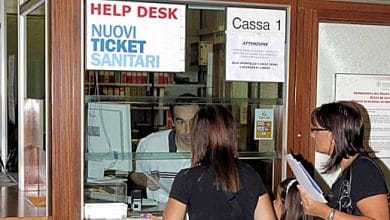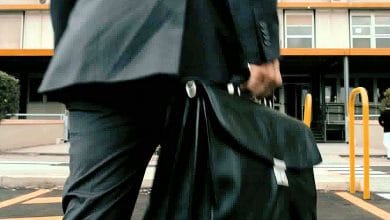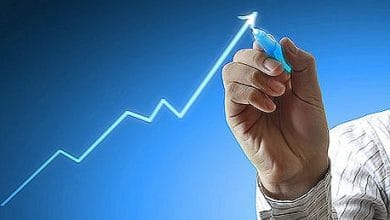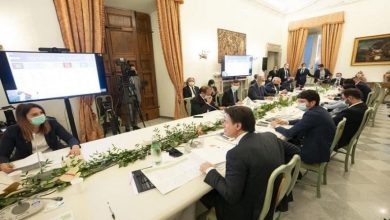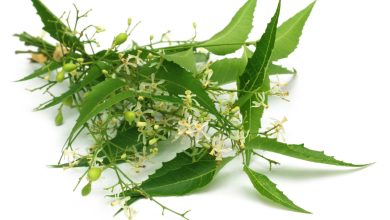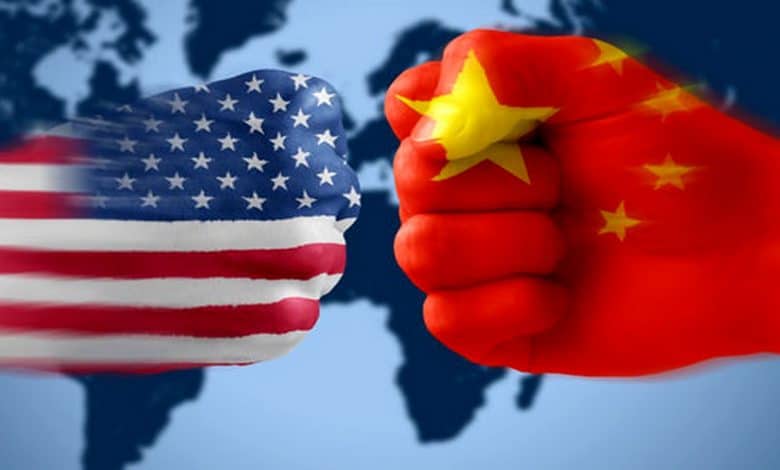
China supplies the 40% of the active ingredients (APIs) present in American drugs and the 80% of the ingredients used by theIndia, the leading global supplier of generic drugs. Within a decade, most generic drugs will die out in favor of China. THE low cost prices hey careless checks, are the cause of the spread and serious side effects of generics produced in that country
China-US tension, the secret weapon in the hands of Beijing are medicines: they control the 40% of the active ingredients of American drugs
According to Rosemary Gibson, senior advisor of Hasting Center, in an article that appeared in the Arizona Capitol Times, in the last 30 years the American pharmaceutical industry has outsourced a large part of its production abroad. So much so that at the moment the United States is no longer able to produce generic antibiotics used to treat various infections
Daily fact - by Alessandra Colarizi | JULY 22, 2019
Forget semiconductors, chipset, Rare lands And artificial intelligence. The true trade war Between China And United States it could be disputed between the shelves of hospitals, supermarkets and pharmacies. She is convinced of it Rosemary Gibson, senior advisor of Hasting Center, institute for bioethical research, as well as author of China Rx: Exposing the Risks of America's Dependence on China for Medicine. 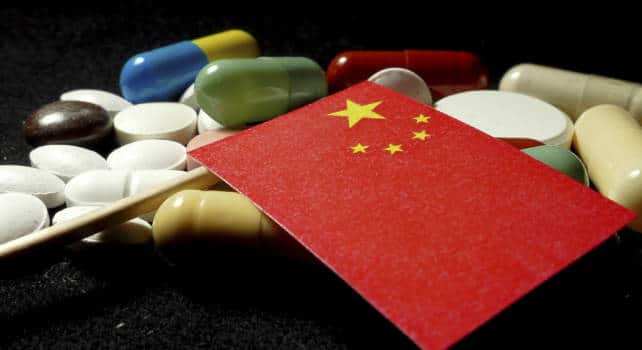 According to what Gibson explains in an article that appeared in theArizona Capitol Times, in the last 30 years theAmerican pharmaceutical industry has outsourced most of the production abroad. So much so that the United States is currently unable to produce generic antibiotics used to treat ear infections, sore throats, pneumonia, urinary tract infections, venereal diseases and other conditions. The last penicillin factory closed its doors in 2004.
According to what Gibson explains in an article that appeared in theArizona Capitol Times, in the last 30 years theAmerican pharmaceutical industry has outsourced most of the production abroad. So much so that the United States is currently unable to produce generic antibiotics used to treat ear infections, sore throats, pneumonia, urinary tract infections, venereal diseases and other conditions. The last penicillin factory closed its doors in 2004.
China filled the void, world leader thanks to its low cost products. To date, the Asian giant makes up for the 40% of the active components (APIs) present in American drugs and the 80% of the ingredients used byIndia, the leading global supplier of generic drugs. On a practical level it would mean that, if the United States stopped sourcing from China, within a couple of months American pharmacies would remain empty. Medicines today Made in China more bought on the other side of the Pacific range from antidepressants at birth control pills up to therapies forHIV/Aids, diabetes, Parkinsons and epilepsy.
At the current rate, domestic production of most generic drugs will die out in favor of China within a decade, Gibson warns. With all the dangers of the case. Between 2007 and 2008 hundreds of Americans died as a result of administration of contaminated heparin arriving from the People's Republic, while only last year the Food and Drug Administration banned the products of 32 Chinese companies after the case of the blood pressure medications containing carcinogens in proportions over 200 times higher than the permitted limits.
The risks of Chinese dependency became apparent when the US government – after a series of anthrax attacks in 2001 – had to buy 20 million doses of doxycycline from a European company which in turn obtained supplies beyond the Wall. But since the trade war has jeopardized the global supply chain, there are already those who are in the dark States he has even proposed making medicines a strategic resource on a par with energy and food supplies. It is no coincidence that drugs are among the very few products pardoned by Trump's latest tariff threats. Citizens' health is not the only cause for concern. As Gibson explains, Chinese control over distribution of medicines to the US military it has huge implications for military readiness and national security.
What worries the experts is above all the apparent unawareness of the government with stars and stripes, where the 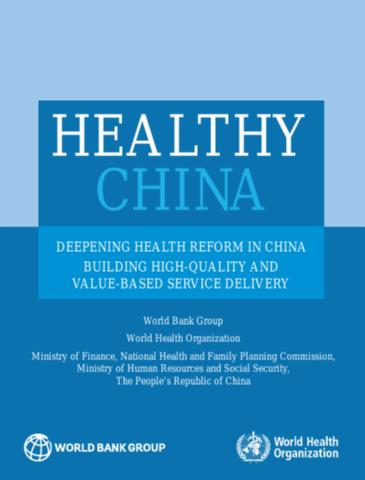 China is preparing to cement the domestic market. It is not for nothing that pharmaceuticals are included – together withautomotive and to robotics – among the strategic sectors covered by the controversial plan Made in China 2025, aimed at making the world's second largest economy self-sufficient in 70% of basic materials. The project is even more specific Healthy China 2030, launched in 2016 with the aim of ensuring Chinese citizens quality medicines at affordable prices after a long series of scandals related to the sale of counterfeit vaccines. A law promising harsh penalties for violators was recently passed in third reading by the National People's Congress, China's parliament. At the same time, a couple of years ago, the China Food and Drug Administration introduced more stringent regulations with the intention of consolidating the fragmented pharmaceutical industry, stained by cases of corruption and at the mercy of intermediaries and distributors. Within five years, the new policy could see more than half of the people disappear 2,900 national producers in the name of greater efficiency.
China is preparing to cement the domestic market. It is not for nothing that pharmaceuticals are included – together withautomotive and to robotics – among the strategic sectors covered by the controversial plan Made in China 2025, aimed at making the world's second largest economy self-sufficient in 70% of basic materials. The project is even more specific Healthy China 2030, launched in 2016 with the aim of ensuring Chinese citizens quality medicines at affordable prices after a long series of scandals related to the sale of counterfeit vaccines. A law promising harsh penalties for violators was recently passed in third reading by the National People's Congress, China's parliament. At the same time, a couple of years ago, the China Food and Drug Administration introduced more stringent regulations with the intention of consolidating the fragmented pharmaceutical industry, stained by cases of corruption and at the mercy of intermediaries and distributors. Within five years, the new policy could see more than half of the people disappear 2,900 national producers in the name of greater efficiency.
But not everything seems to be proceeding as planned. For Gibson, the Chinese locomotive – hauled by low cost prices And casual checks – begins to lose speed. The cause would be to be found in the fight against pollution launched by Beijing five years ago and in the inability of companies to adapt to the new ones eco-friendly standards. In November 2017, 144 plants for the production of active ingredients in the Beijing-Tianjin-Hebei area alone were forced to close due to violations during waste treatment.

